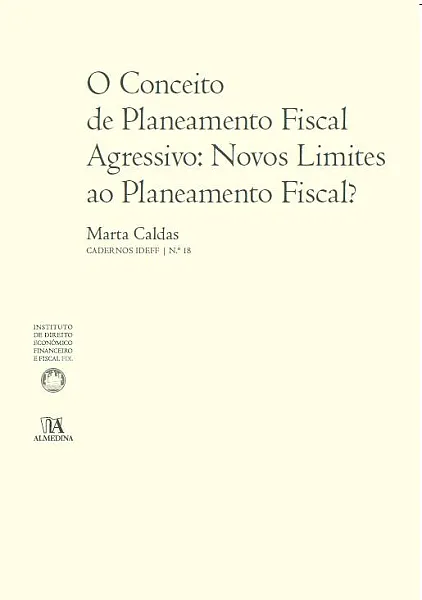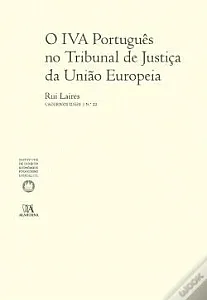The Agressive Tax Planning Concept: new limits on tax planning?

ABSTRACT
State functions, primarily funded by the tax systems, are accountable for the fair and equitable distribution of the tax burden and ideally should be exercised in a manner compatible with the freedom of movement and management associated with the taxpayers.
Consequently, the inadequacy of tax rules and the creation of non-taxation 'zones' in conjunction with burden of fair share of payment undertaken by both the State and taxpayer ultimately emphasizes the issue of risk between the State and taxpayer.
For instance when the taxpayer adopts a legally and fiscally permissible behavior which results in creation of inequality and reduction of revenue - it begs an analysis into the ‘new’ concept, its nature and the subsequent borders created by it. Accordingly, a study of the these questions verifies that the birth of Aggressive tax planning is a result of increasing amount of importance placed on fiscal morality in the era of globalization by imposing new limits on tax planning.



